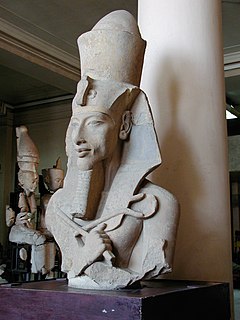A Quote by Matthew Arnold
Because thou must not dream, thou need not despair.
Related Quotes
Why dost thou heap up wealth, which thou must quit,
Or what is worse, be left by it?
Why dost thou load thyself when thou 'rt to fly,
Oh, man! ordain'd to die?
Why dost thou build up stately rooms on high,
Thou who art under ground to lie?
Thou sow'st and plantest, but no fruit must see,
For death, alas! is reaping thee.
Oh, thou did'st then ne'er love so heartily. If thou rememb'rest not the slightest folly That ever love did make thee run inot, Thou has not loved. Of if thou has't not sat as I do now, Wearying they hearer in thy mistress's praise, Thou has not loved. Of if thou hast not broke from company Abruptly, as my passion now makes me, Thou has not loved. (Silvius)
If thy desire to raise thy fortunes encourage thy delights to the casts of fortune, be wise betimes, lest thou repent too late; what thou gettest, thou gainest by abused providence; what thou losest, thou losest by abused patience; what thou winnest is prodigally spent; what thou losest is prodigally lost; it is an evil trade that prodigally drives; and a bad voyage where the pilot is blind.
O Lord, Thou knowest that which is best for us; let this or that be done, as Thou shalt please. Give what Thou wilt, how much Thou wilt, and when Thou wilt. Deal with me as thou thinkest best. Place me where Thou wilt, and deal with me in all things just as Thou wilt. Behold, I am Thy servant, prepared for all things: I desire not to live unto myself, but unto Thee; and oh, that I could do it worthily and perfectly!
Think not so much of what thou hast not as of what thou hast: but of the things which thou hast, select the best, and then reflect how eagerly they would have been sought, if thou hadst them not. At the same time, however, take care that thou dost not, through being so pleased with them, accustom thyself to overvalue them, so as to be disturbed if ever thou shouldst not have them.





































